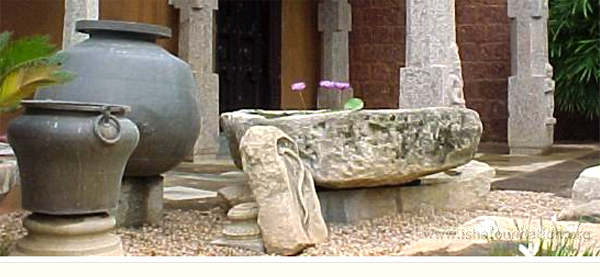Marriage is Not a Social Prescription, Part II

“Either you go into marriage or you simply go beyond these needs. But this is something that you have to look at individually – how strong is your need.” —Sadhguru
Last week, Sadhguru touched upon the various needs of a human being that propel us towards relationships – physical, emotional, psychological, economic and social. Today, in the concluding part of this series, he tells us more about how to recognize these needs within us and arrive at a decision about marriage, as individuals.
Sadhguru:
You must see, first of all, whether for you as a person, the need for a partnership is important or just a passing thing. I would say, at least 25 to 30 per cent of the people do not need to even go in that direction because it is just a passing interest. For another 30 to 40 per cent, it may be a little longer and they get into this. For 10 to 12 years they feel good and after that they think it’s a burden. But there are some people for whom the need is very strong. About 25 to 30 per cent need partnerships for a much longer period; they definitely need to get into such arrangements.
Right now, people have found other kinds of solutions. Especially in the West, and in India also it is beginning to happen. “Okay, I won’t get married, I will just live-in.” So live in; if you are just living with one person, anyway it is marriage, whether you have a certificate or not. But if you think you can choose your partners every weekend, you are causing a serious damage to yourself. Because, just as your mind has a memory, your body has a much stronger sense of memory. The body imbibes and retains experiences. If you go to the Himalayas, you may forget the Himalayas, but your body will not forget them. Always, it will remember. Mentally, you may get dementia and lose all your memory. But the physical will carry it on.
So physical intimacy is, in the Indian tradition, called Runanabandha. Runanabandha refers to the body’s physical memory. The body develops a deep sense of memory about physical intimacy. It responds and reacts in many ways in the future, based on this memory. If you imprint too many memories, there will be confusion in the body. Too many memories like this leads to a certain level of confusion and a certain level of misery. You can clearly see this. People who are loose with their life and their physical body, they will never know any real sense of joy. Please watch this carefully around you. They can never laugh totally, nor can they cry totally. They will become like this – because confusing memories in the physical body in one lifetime will create a lot of impressions. So, a live-in relationship is not the solution to handle your needs.
Either you go into marriage or you simply go beyond these needs. But this is something that you have to look at individually – how strong is your need. If you want to look at this with clarity, without social influence, it is always best that you take some time off, let’s say a month. When you make this decision, you must be in a state of clarity. You must not be influenced by anybody. Not by your Guru, not by society, not by anybody. Just meditate and bring yourself into a certain state of clarity. In that clarity, look at your needs and how strong they really are.
If you find that marriage is not necessary, that’s it, once you make a decision, don’t look that way. If you make a decision to go that way, don’t look this way. One of these things you must do. If you hang around in between, you will remain in a constant state of confusion. “Which is the best thing?” There is no best thing. Live your life like that – whatever you’re doing, that is all you’re doing. Absolutely. If you have this quality, whatever you do, it is fine. But constant shifting; people who are married for 15 years are now thinking, “Maybe I should have taken Brahmacharya[1].” People who have been Brahmacharis for 10 years, now they think, “Maybe I should have gotten married.” This is an endless waste of life.
[1] Monkhood – literally “the path of the divine”


